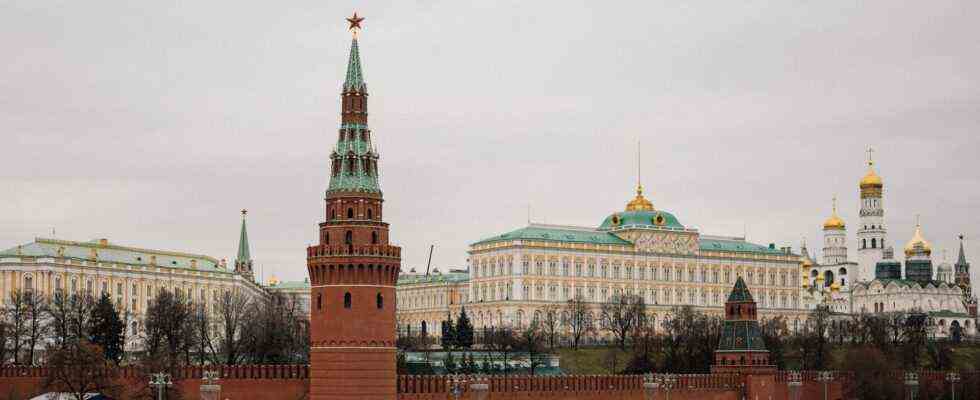Status: 07/19/2021 4:00 a.m.
Before the parliamentary elections in Russia, the authorities are increasingly taking action against government critics. Non-governmental organizations and, for the first time, the media are becoming undesirable actors.
From Christina Nagel,
ARD studio Moscow
The leeway for critical voices – they are getting narrower and narrower. The Russian authorities are exerting pressure at all levels. Even about the families.
As in the case of former Duma deputy Dmitry Gudkov, who wanted to run again – and whose aunt was suddenly investigated. Or, more recently, in the case of Ivan Zhdanov, the former director of Alexei Navalny’s anti-corruption fund, who has since been classified as extremist.
To silence
His father has to answer in court in the small town of Narjan-Mar. He is in custody. He is accused of fraud and forgery. The preliminary hearings begin today.
“In fact, my father was taken hostage. You have been looking for something to open a trial for a long time. Naryan-Mar is a small town. Everyone knows that investigators have come specially for this,” says Ivan Zhdanov, who lives abroad and was advertised for a search by the Russian authorities on the “Doschd” channel.
It is an attempt to silence him as a politician. Right now before the election.
Fines and lawsuits
The blogger Juri Dud, whose YouTube channel has around nine million subscribers, is suddenly confronted with an administrative procedure. Because of alleged drug propaganda.
It is a clear warning to Dud and others, says political scientist Valeri Solowej on the “Echo Moskvy” station. True to the motto: “Don’t aggravate the situation now, don’t call for protests. Elections are coming up soon, you understand, we have to maintain political stability in the country, otherwise …”, said Solowej.
Otherwise, two or three warnings and fines could quickly turn into a real lawsuit. A real criminal case.
Public stigma
Alternatively, however, a classification could also take place: as a foreign agent, for example. This not only entails a whole series of bureaucratic requirements. But it also goes along with public stigmatization, says the editor-in-chief of “Open Media”, Julija Jarosch, who is herself affected.
“It’s definitely a label stuck to you,” she says. “It limits your chances on the job market: with such a status you won’t get a job with the big media. And certainly not in state-owned companies.”
Media in focus
Last week, the investigative journalists of the “Media” project had to find out that it can hit you even harder. Five of them were not only listed as foreign agents. Your project, registered in the USA, was unceremoniously declared an undesirable organization by the Russian authorities.
A novelty, says the lawyer Pavel Tschikow, head of the human rights organization Agora, on the station “Echo Moskvy”. This is because up until now, non-governmental organizations financed from abroad have primarily been classified as undesirable. But not media representatives.
“That means a total ban on the activities of the ‘project’, including the website,” he says. “It looks like even links to research on the project could be interpreted as participating in a prohibited activity.” If this happens again, this can even have criminal consequences.
The “project” team has already declared its self-dissolution. Not without leaving a final message on the net: “Journalism is not a crime.” Critical opposition work – actually not either.
Pressure from all sides: Russian authorities mobilize against critics
Christina Nagel, ARD Moscow, 7/19/2021 7:23 a.m.

